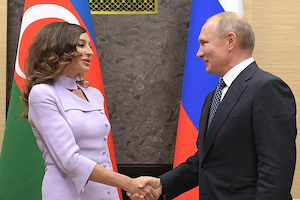Armenia and Azerbaijan: The Distant Perspective of Peace, Cooperation and Narratives of Trust
By Intigam Mamedov
March 21, 2024
On February 13, 2024, a new border skirmish took place between Armenia and Azerbaijan, months after Baku regained its territories in Nagorno-Karabakh. While the sides accuse each other of provocations, such incidents could also lead to larger clashes. While a peace deal is needed in order to put an end to the decades-long conflict, reaching an agreement will take time. Meanwhile, to encourage it, both states should now focus on trust-building initiatives, particularly in the humanitarian, economic, and environmental areas. Such short-term initiatives have the potential to assist and stimulate the evolution of new narratives on peaceful coexistence – a challenging but vital task for current and future generations.
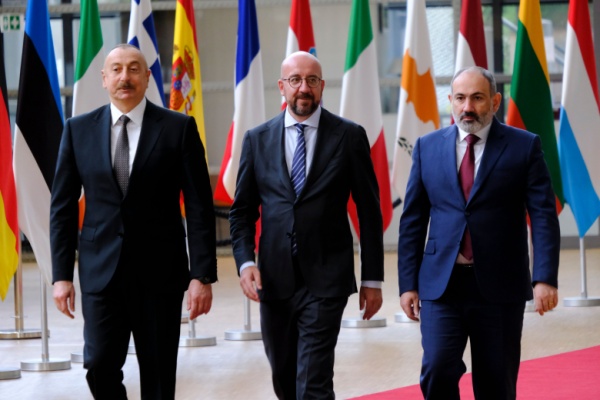
Downturn in Karabakh?
By Robert M. Cutler
September 18, 2023
The negotiations between Armenia and Azerbaijan were making important and substantive progress before the summer break. In the interim, however the Armenian government and diaspora have taken advantage of the diplomatic hiatus to launch a sustained, high-level international campaign that appears designed to create obstacles to a final peace settlement. Time is increasingly important due to political considerations. The end of the current calendar year is a crucial date. Obstacles should not be tolerated, and a concerted good-faith effort by all parties is required.
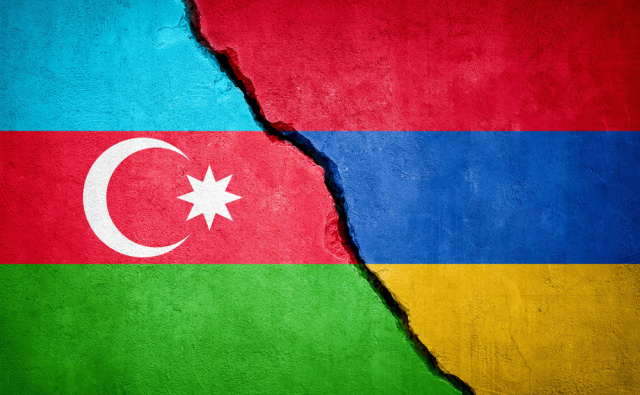
Nagorno-Karabakh: The Democratization of Precision Strike and the Viability of Military Power
By Jack Watling
March 25, 2021, the CACI Analyst
The six-week Nagorno-Karabakh war, fought through the Autumn of 2020, may have been principally of local significance politically, but highlights changes in the viability of the use of force as an instrument of statecraft in a new era of great power competition. Extrapolation from the conflict should not be taken too far, but the democratization of precision strike and the constraints imposed on the use of air power pose serious questions for many European medium powers.
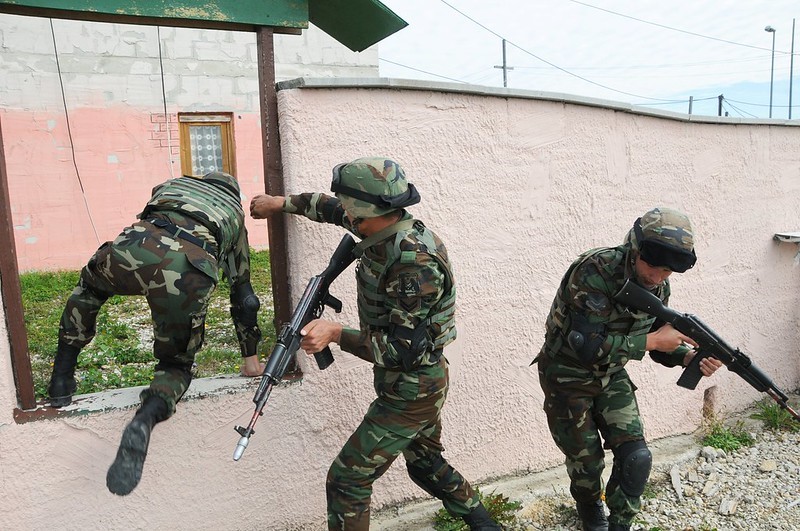
New Hope for a Breakthrough in the Nagorno-Karabakh Deadlock?
By Vasif Huseynov
April 6, 2020, the CACI Analyst
On 28-30 January, in Geneva, Switzerland, the foreign ministers of Armenia and Azerbaijan held an OSCE-mediated meeting on the Nagorno-Karabakh conflict. The meeting lasted for eleven hours and raised hope, though rather limited, for a breakthrough. Particularly positive developments include a decline in the number of causalities on the line of contact and that the meeting’s final statement for the first time emphasized the confidentiality of the negotiations. However, while these facts may induce some optimism, most other developments in the relations between Baku and Yerevan over the last year indicate that the sides remain far from a breakthrough.
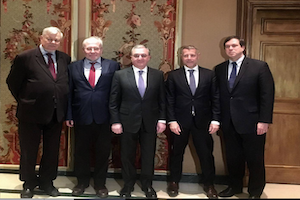
Azerbaijan-Russia Relations Warm Up
By Natalia Konarzewska
February 3, 2020, the CACI Analyst
The end of 2019 saw increasing diplomatic activity between Azerbaijan and Russia, at a time when Russia wants to strengthen its profile in Azerbaijan and bring the country closer to Moscow-promoted multilateral initiatives. This is partly due to Azerbaijan’s increasing geopolitical importance to the West and China, being a key participant in the Southern Gas Corridor and a prospectively important one in the Belt and Road initiative (BRI). Russia also wants Azerbaijan to counterbalance its traditional South Caucasus ally Armenia, whereas Azerbaijan expects Russia’s assistance in resolving the Nagorno-Karabakh conflict, which is nevertheless unlikely to materialize.
